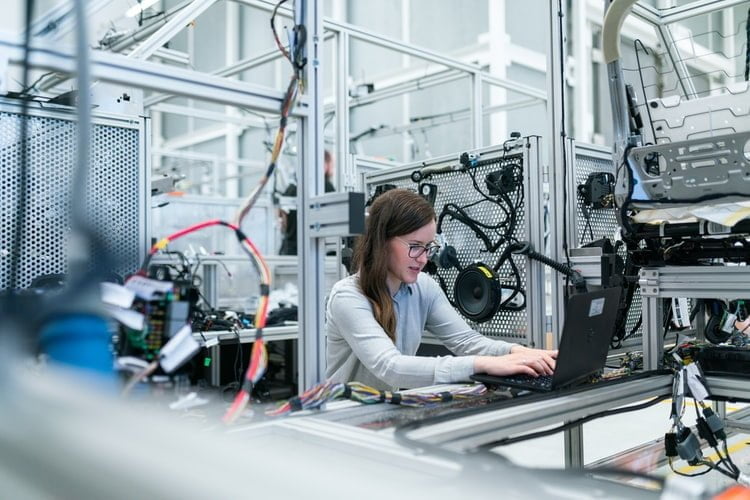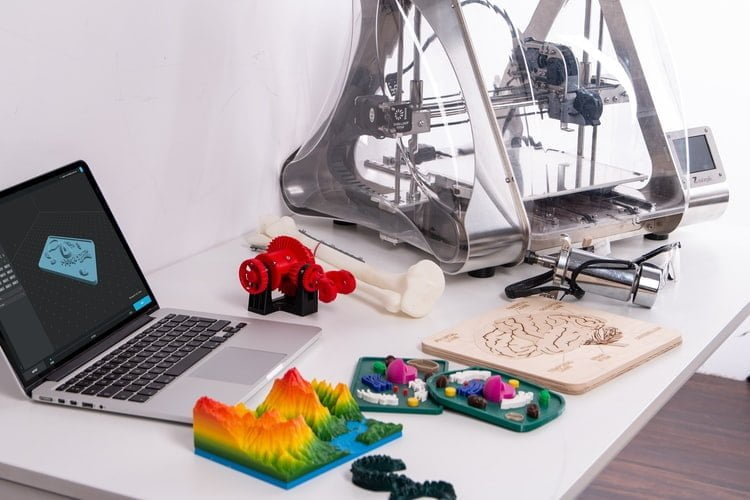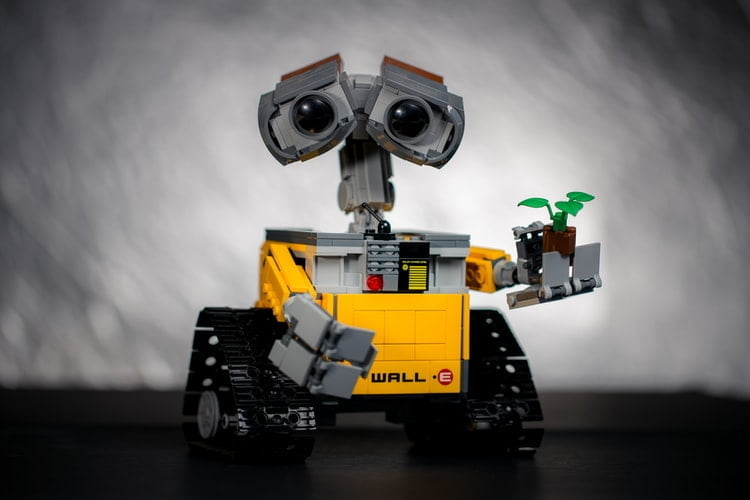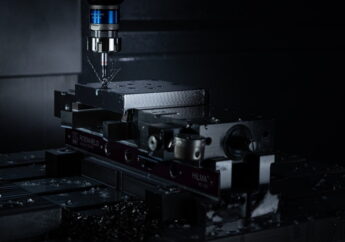These 4 Technology Trends Could Reshape Construction In 2021
by Arina Smith Technology Published on: 10 September 2021 Last Updated on: 10 September 2022

The construction industry is in the midst of technology trends that will change how we build and operate our buildings for decades to come.
A glance at some of today’s most popular technologies reveals just how far-reaching their impact could be on the future of building design, construction management, operations, safety, sustainability, energy efficiency, and more.
The four trends below are poised to reshape how we design, construct, manage, maintain, and even sell real estate.
1) Autonomous Building Robots Will Transform How We Build And Operate Our Buildings For Decades To Come

Autonomous building robots have been around since the 1980s, but they’ve never really taken off as an alternative to human labor until now. As technology trends continue to evaluate, autonomous machines could soon perform tasks once reserved only for humans – like installing drywall or painting walls.
These new “smart” tools and prototype tooling methods can also help us save time by performing repetitive jobs without requiring constant supervision from workers. They may eventually eliminate many manual processes, making it easier than ever to create high-quality spaces with minimal effort.
With their ability to work autonomously, these smart devices could potentially transform the entire process of constructing a home. Instead of hiring dozens of tradespeople who must coordinate their efforts over several days, one robot might be capable of completing all aspects of interior finishing within hours instead.
This would allow builders to focus on other vital projects while still meeting tight deadlines. It could also reduce costs significantly because fewer people need to spend long periods working inside cramped quarters.
On a similar note, autonomous building robots could make it possible to produce homes much faster than traditional methods. Today, it typically takes months to complete a single house using conventional techniques.
But if automated manufacturing systems were used, this timeframe could shrink dramatically. With no limits on production speed, manufacturers could churn out thousands of units per day, which would enable them to meet the growing demand for affordable housing.
2) 3D Printing Will Revolutionize Design & Manufacturing Of Homes, Commercial Spaces, And More

3D printing has already made its mark on industries ranging from aerospace engineering to dentistry. Now, experts predict that it will become commonplace across virtually every economic sector, including architecture, construction, and manufacturing.
By creating objects layer by layer, 3D printers offer unprecedented customization and precision compared to older forms of fabrication such as milling and welding.
In addition to being cheaper and less wasteful, 3D printed products often look better too. Because they don’t require any support structure, designers can use lighter materials and incorporate unique textures into their designs.
Architects can also take advantage of additive capabilities to quickly prototype ideas and test concepts before committing to expensive full-scale models.
As 3D printing becomes increasingly accessible, architects and engineers alike should expect to see a dramatic increase in the number of custom-designed structures built each year. The possibilities are endless: we could print our own houses, office buildings, furniture, toys, clothing, jewelry, even food!
3 ) AI-Powered Robots Can Help Builders Identify Potential Safety Hazards Before A Disaster Strikes

The rise of artificial intelligence is changing how companies operate today. From self-driving cars to speed bumps checkers, and voice recognition software, AI is becoming more prevalent throughout society.
One industry where AI has a particularly profound impact is construction. Thanks to machine learning algorithms, AI-powered robotics can identify potential safety hazards before a disaster strikes. For example, an algorithm may notice that workers have been falling off roofs recently, prompting emergency responders to send help sooner rather than later.
4) Smart Building Technology Trends Are Making Buildings Smarter Too
The Internet of Things, or simply put, connected things, is rapidly transforming the way businesses interact with customers. As IoT continues to grow at breakneck speeds, so does the amount of data generated by everyday items like refrigerators, thermostats, and light bulbs.
This flood of information presents new opportunities for smart cities and creates challenges when analyzing all these signals. Researchers are developing technologies capable of making sense of the massive amounts of data coming from different sources to address this problem.
These innovations include sensors embedded within walls, floors, ceilings, windows, doors, appliances, and other building parts. They collect real-time measurements about everything going on inside the facility-from temperature fluctuations to air quality to noise pollution. Then, they crunch the numbers to provide insights that would be impossible without them using advanced analytics tools.
Conclusion
While there’s no doubt that modern technology trends will continue to transform the world around us, one thing remains constant: people still need places to live, work, play, learn, heal, worship, and love.
And while many of those spaces were once only available through traditional means, the future looks bright thanks to emerging trends like Autonomous building robots, 3D Printing technology, AI-Powered Robots, and the Internet of Things are some of the smart technology trends.
Read Also:







































































































